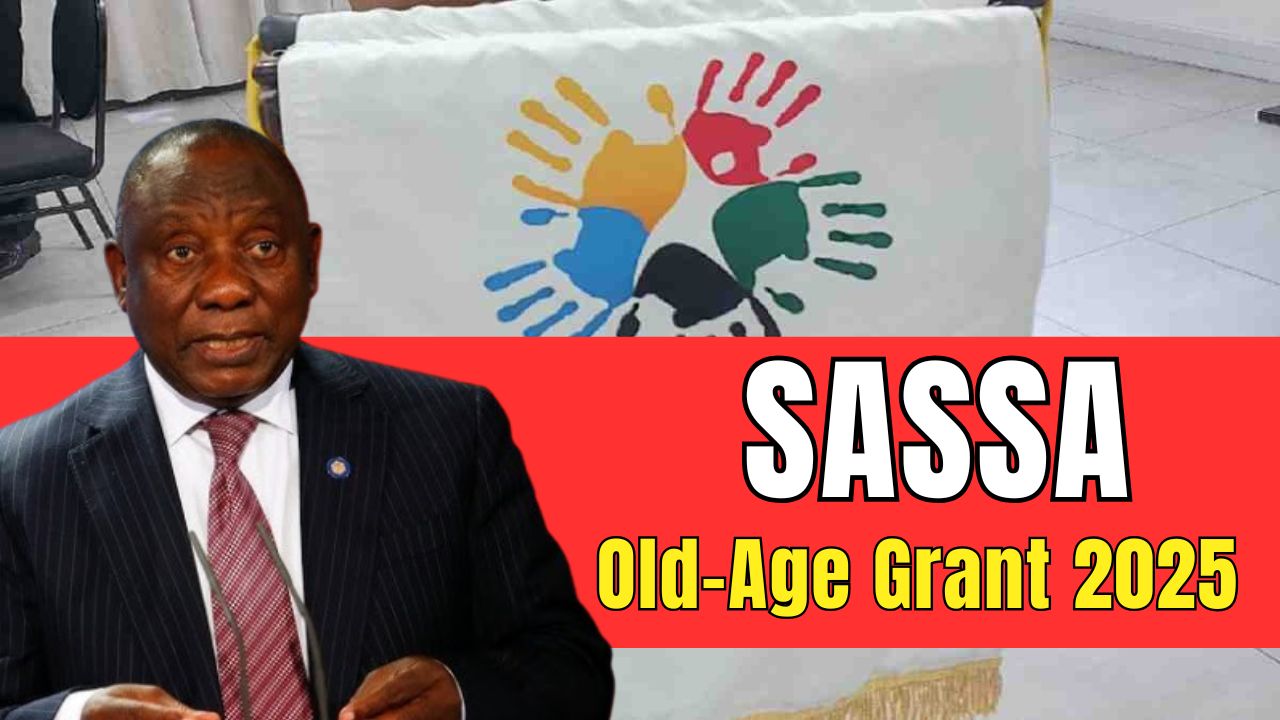The Sassa Aged Grant cash is meant for the South Africans who are above 60 years of age and do not have any sources of income. To make the grant work better, it is receiving a complete makeover for March 2025. This article will outline the eligibility criteria and changes that will affect the payment schedule, thus directly impacting the disbursing of grants to South African seniors.
What is an Old-Age Grant?
An Old-Age Grant is a government program that came into being for elderly 60 years and above whose income or means are not enough to sustain themselves. It is meant to provide a dignified living to aged persons covering such things as their basic needs for food, shelter, and healthcare. The grant can be applied by South African citizens, holders of permanent resident permits, and other refugees meeting a specified criterion.
Changes to Old-Age Grant Eligibility
In 2025, SASSA will change eligibility criteria to really increase the prospects of delivering those most in need. The proposed changes shall include additional adjustments to age, income, and asset criteria. The government also plans introducing simpler application procedures to allow more elderly persons to benefit.
Age Requirement: Eligibility for the Old-Age Grant remains set at 60 years. It must be borne in mind that this could change in some or the other way as part of one larger pension reform, with no prospects yet being indicated.
Income and Asset Limitations: Applicants must meet income and asset requirements to qualify for the Old-Age Grant. It is anticipated that in 2025, these overall thresholds will be changed again to ensure that more senior citizens get access to funds under the grant. The whole re-evaluation of those limits will be subject to the national cost of living and inflation rates so that the program remains true to its spirit of attempting to assist those really in need.
Residency and Citizenship: The applicants must be South African citizens, permanent residents, or refugees residing in South Africa for a certain period of time. SASSA will assess the residency status of each individual applicant to determine eligibility.
New Payment Schedule for March 2025
The payment schedule for the Old-Age Grant is one of the key aspects of ensuring that funds reach beneficiaries at the right time. The payment schedule in respect of which an Old-Age Grant is payable is also set to be amended by SASSA in March 2025, bringing some efficiency with it while alleviating congestion at payment points.
Staggered Payment Dates: To ease congestion at payment points, staggered payment dates would be implemented by SASSA, with beneficiaries being paid on different dates based on the last digit of their ID numbers. The implementation intends to enhance the recipients’ ability to access their grants and to have the distribution of funds better organized.
Monthly Payment Structure: Payment of the Old-Age Grant will remain a monthly affair directly into beneficiaries’ accounts, ensuring that every month, aged persons receive the financial assistance they need.
Digital Payment Methods: For a safer and efficient way of benefiting from payments, SASSA promotes e-payments that include direct bank deposits and SASSA card usage. Such digital means minimize the use of cash transactions that are often risky and prone to delay.
Change in Payment Amounts: Payment amount under the Old-Age Grant changes in relationship to inflation and economic considerations. It is due for government review in March 2025 and is expected to show upward adjustments in response to the rising cost of living. These higher payouts will enable aged citizens to maintain their living standards against the inflation of expenses.
How to Apply for an Old Age Grant
Once you have all the eligibility documents, apply for the Old-Age Grant. According to SASSA, an applicant may use any of the available channels to apply, thus making it an easier process.
Online Applications: In order to smooth the process for public applications, SASSA has developed an online platform that enables applicants to apply electronically wherever possible for those who may not have easy access to physical SASSA offices. The applicants complete the forms, upload their documents, and track their application status online.
In-Person Applications: The elderly who prefer the in-person application can do it in any of the SASSA offices nationwide. Among the requirements are all documents, proof of identity, proof of income, proof of residence, plus other documents that may be required by SASSA officials.
Required Documents: In addition to the required documents, there are many that are needed to be attached with the application for the grant. They mainly comprise:
- South African ID or proof of identity
- Proof of income or that of employment (where applicable)
- Proof of residence
- Any other documentation regarding the financial status of the applicant, such as bank statements or pension documents.
The Impact of the Old Age Grant on Beneficiaries
The Old-Age Grant is an indispensable program that provides financial assistance to elderly individuals who might otherwise be unable to meet their basic needs. Proposed revisions for 2025 are meant to further enhance the outreach of this program to needy elderly citizens, thereby alleviating poverty among older South Africans. The amendments in eligibility criteria and staggered payment modalities will promote accessibility and fairness in the implementation of the Old Age Grant program.
If the grant amount increases, this will also help senior citizens cope with inflation in terms of food, health, and utility bills. All these changes will go a long way toward taking care of senior citizens and ensuring that they can maintain a good standard of living as they grow older.



